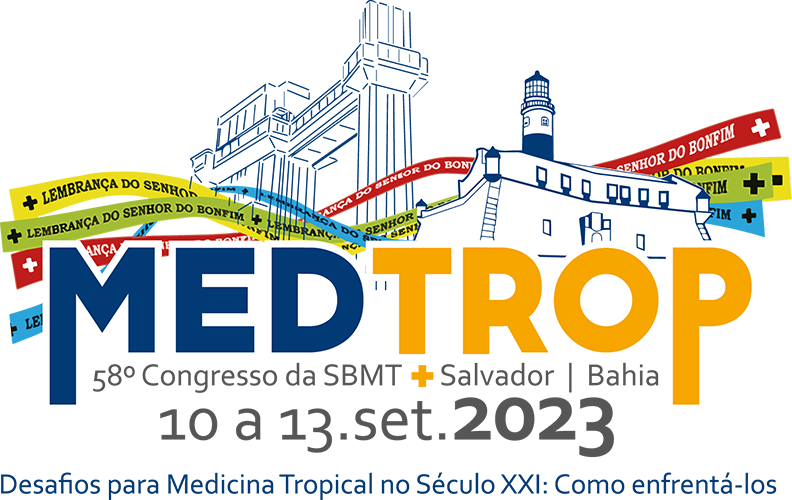Dados do Trabalho
Título
Metacaspases are expressed in blood forms of Plasmodium vivax: a preliminary study
Introdução
The evolution of drug resistance is one of the main obstacles to controlling malaria worldwide. In this sense, it is imperative to conduct comprehensive studies aimed at identifying parasite proteins that could serve as effective therapeutic targets. Recently, the metacaspase family, which has been implicated in both cell death and cell differentiation of parasitic protozoan, is believed to be a potential target. However, studies on the expression and biology of metacaspases in P. vivax remain largely unexplored.
Objetivo (s)
The present study, therefore, sought to investigate the expression of metacaspases 1, 2, and 3 (PvMCA1-3) in blood forms of P. vivax.
Material e Métodos
Blood samples were collected from vivax malaria patients in Manaus-AM and P. vivax-parasitized erythrocytes were enriched by 45% Percoll density gradient. Parasites were stored at -20ºC in RNAlater solution and, latter, RNA extraction was performed, followed by cDNA synthesis and quantitative polymerase chain reaction (qPCR) to assess the gene expression of metacaspases. Two housekeeping genes, 18S and ß-tubulin, were assayed as positive control
Resultados e Conclusão
It was observed that similarly to previously reported for P. falciparum, P. vivax blood forms express all the three metacaspases (MCA1-3) described in the genus Plasmodium. PvMCAs presented about 3.0- and 1.5-fold decreased expression as compared to 18S and ß-tubulin, respectively. Our data show, for the first time, the expression of metacaspases (PvMCA1, PvMCA2, and PvMCA3) in P. vivax parasites, which can comprise target drug candidates for vivax malaria. Further investigations are still required to determine the stage-specific pattern of PvMCAs expression throughout P. vivax life cycle as well as the role of these proteases in the parasite biology.
Palavras-chave
P. vivax, Proteases, Metacaspases
Agradecimentos
IOC, FAPERJ, CAPES
Área
Eixo 06 | Protozooses
Categoria
NÃO desejo concorrer ao Prêmio Jovem Pesquisador
Autores
Hugo Souza, Carolina Blanco, Camila Fabbri, Lilian Riccio, Stefanie Lopes, Claudio Daniel-Ribeiro, Paulo Totino

 Português
Português English
English